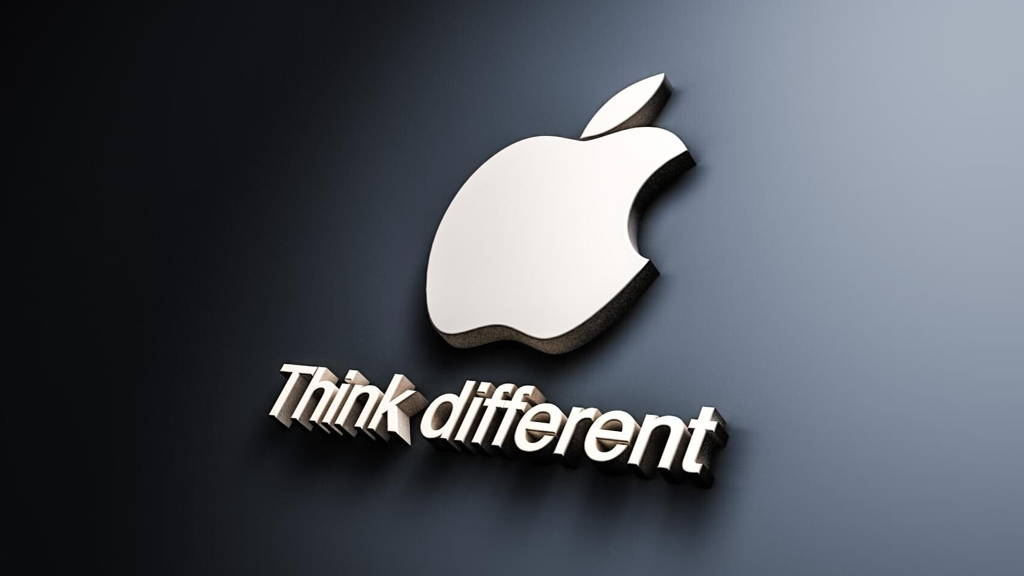One step taken by Apple is hiring Stephen Friend, co-founder and CEO of the nonprofit open data platform Sage Bionetworks. He has accepted a role at Apple and is stepping away from day-to-day operations at Sage, though he will continue to serve as chair of the board. David Shaywitz writes in a contribution on Forbes why he is thrilled about this development.
Shaywitz, chief medical officer of DNAnexus, a cloud-based health data management platform, has known Friend for over a decade and believes he will bring to Apple much more than just knowledge in digital health. ‘Under Friend’s leadership, Sage pursued a powerful vision of open science, where data are richly shared and scientists (and citizen-scientists) collaborate to accelerate knowledge turns.
Apple, of course, isn’t the only Silicon Valley tech company with an interest in health, but Shaywitz argues they’re well positioned to have the greatest impact. Why? For the simple reason that while many companies (such as, traditionally, Google) seem to focus first on the data, Apple’s efforts seem centered around the patient-participant. In health, as in other domains, Apple appears to be approaching its mission with a level of empathy for the user that many data-crunching companies seem to lack.
It seems, concludes Shaywitz, like Silicon Valley is doing what it does best–learning from experience, iterating, adjusting, trying again. And it’s not just Apple. To be sure, the Valley has a way to go. But someone will. And based on the recent tactical decisions and savvy hires, that someone might well be Apple, perhaps teaching Silicon Valley how to think different about health.
Shaywitz, chief medical officer of DNAnexus, a cloud-based health data management platform, has known Friend for over a decade and believes he will bring to Apple much more than just knowledge in digital health. ‘Under Friend’s leadership, Sage pursued a powerful vision of open science, where data are richly shared and scientists (and citizen-scientists) collaborate to accelerate knowledge turns.
Apple integral part of digital healthcare
Sage has tackled head-on some of the most vexing issues around data-sharing, including consent and the complicated dynamics around collaboration. The company has also worked closely with Apple on the ResearchKit platform, now part of a broader effort by Apple to become an integral part of digitale healthcare – with platforms like HealthKit and CareKit. Shaywitz believes that with the help of Sage Bionetworks ResearchKit might finally bring participatory research to the masses (those with an iPhone, anyway), and extracting at least a measure of control from the medical centers who have dominated it in the past.Apple, of course, isn’t the only Silicon Valley tech company with an interest in health, but Shaywitz argues they’re well positioned to have the greatest impact. Why? For the simple reason that while many companies (such as, traditionally, Google) seem to focus first on the data, Apple’s efforts seem centered around the patient-participant. In health, as in other domains, Apple appears to be approaching its mission with a level of empathy for the user that many data-crunching companies seem to lack.
Less big talk
Apple also seems to have recognized from the outset the magnitude of their challenge. It’s approach to health seems characterized less by big talk and more by a methodical, responsible, relatively low-key approach that seeks to develop a series of health-related capabilities, including the recently reported ability of iOS10 to manage electronic health data.It seems, concludes Shaywitz, like Silicon Valley is doing what it does best–learning from experience, iterating, adjusting, trying again. And it’s not just Apple. To be sure, the Valley has a way to go. But someone will. And based on the recent tactical decisions and savvy hires, that someone might well be Apple, perhaps teaching Silicon Valley how to think different about health.








